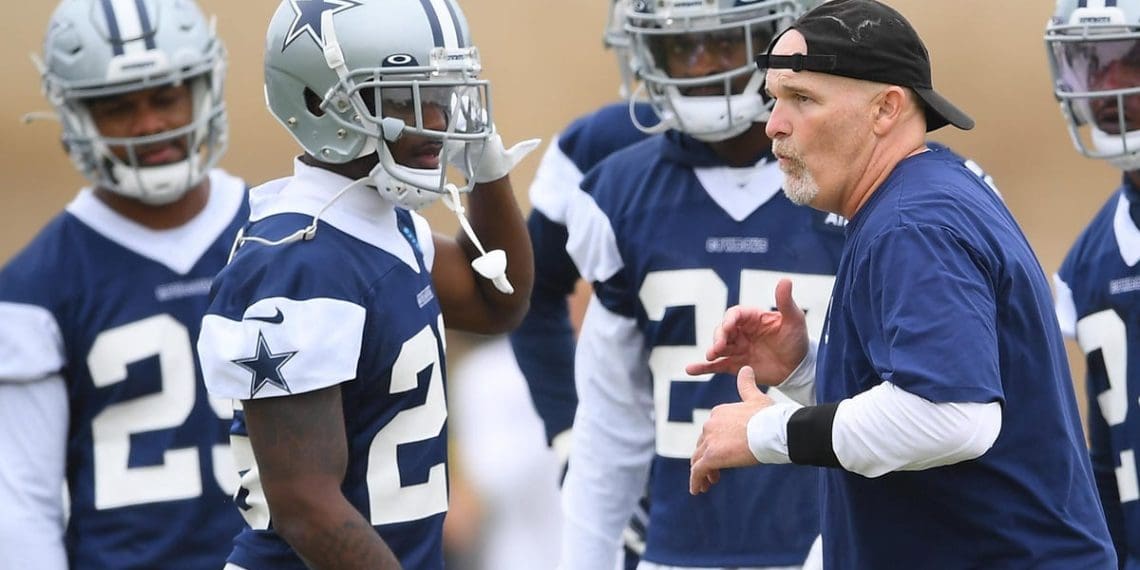NFL Offensive Revolution: The Rise and Fall
In a historic matchup on November 29, 2018, the Kansas City Chiefs and Los Angeles Rams battled it out on Monday Night Football, transforming the game into a high-scoring frenzy. Despite a staggering seven turnovers between the two teams, the scoring never ceased. When the final whistle blew, the Rams emerged victorious with a 54-51 win, marking the third highest scoring game in NFL history. This game would go down in history as the apex of the NFL offensive revolution.
The aftermath of this game had a significant impact on the coaching landscape. Following the 2018 season, six out of the eight head coach openings were filled by candidates with an offensive background. However, the tides have turned. As the 2024 head-coaching cycle comes to an end, the Washington Commanders have hired Dan Quinn as their new head coach. While Quinn may not have been their first choice, the frontrunners for the Commanders head-coaching position all had a defensive background, leaving offensive-minded coaches on the sidelines.
The 2023 season saw the hiring of eight NFL head coaches, with only two offensive coordinators, Dave Canales and Brian Callahan, securing positions with the Carolina Panthers and Tennessee Titans, respectively. Jim Harbaugh took the reins of the Los Angeles Chargers, but the remaining five openings were filled by defensive-minded coaches. The coaching landscape is shifting, and offensive coordinators are finding it increasingly difficult to secure head coaching roles.
The decline in offense in the NFL is evident. In the past four seasons, the league’s average points per game has steadily decreased. Opposing defenses have honed in on limiting big plays, particularly after Patrick Mahomes’ explosive debut in 2018. During the Chiefs’ Divisional Round victory against the Buffalo Bills, Mahomes managed only three deep completions. This feat has been accomplished by Mahomes in just one other game since 2022.
While young and innovative offensive coordinators have always been highly sought after, the decline in offensive production cannot be ignored. Exceptionally athletic pass rushers like Micah Parsons and Montez Sweat have contributed to this decline, but it is also the defensive schemes devised by these coaches that have stifled offenses. A prime example is the Baltimore Ravens, who lack an elite pass rusher but managed to hold the Chiefs to a mere six first downs in the second half of the AFC title game. Mike Macdonald, former defensive coordinator for the Ravens, has now taken on the role of head coach for the Seattle Seahawks, further emphasizing the growing importance of defensive coaches.
Ben Johnson, who opted to stay with the Detroit Lions instead of pursuing the Commanders head-coaching position, made a wise decision. This head-coaching cycle has revealed that there are various paths to securing a coveted coaching job. The direction the league is currently headed is far from the explosive offensive display witnessed on that memorable night at the LA Coliseum.
As points become increasingly scarce, defensive coordinators are proving to be just as valuable as their offensive counterparts. The era of offensive dominance may be coming to an end, with the coordinators on the defensive side of the ball rising to prominence. The league is evolving, and it is crucial for teams to adapt to this shifting landscape to remain competitive.










